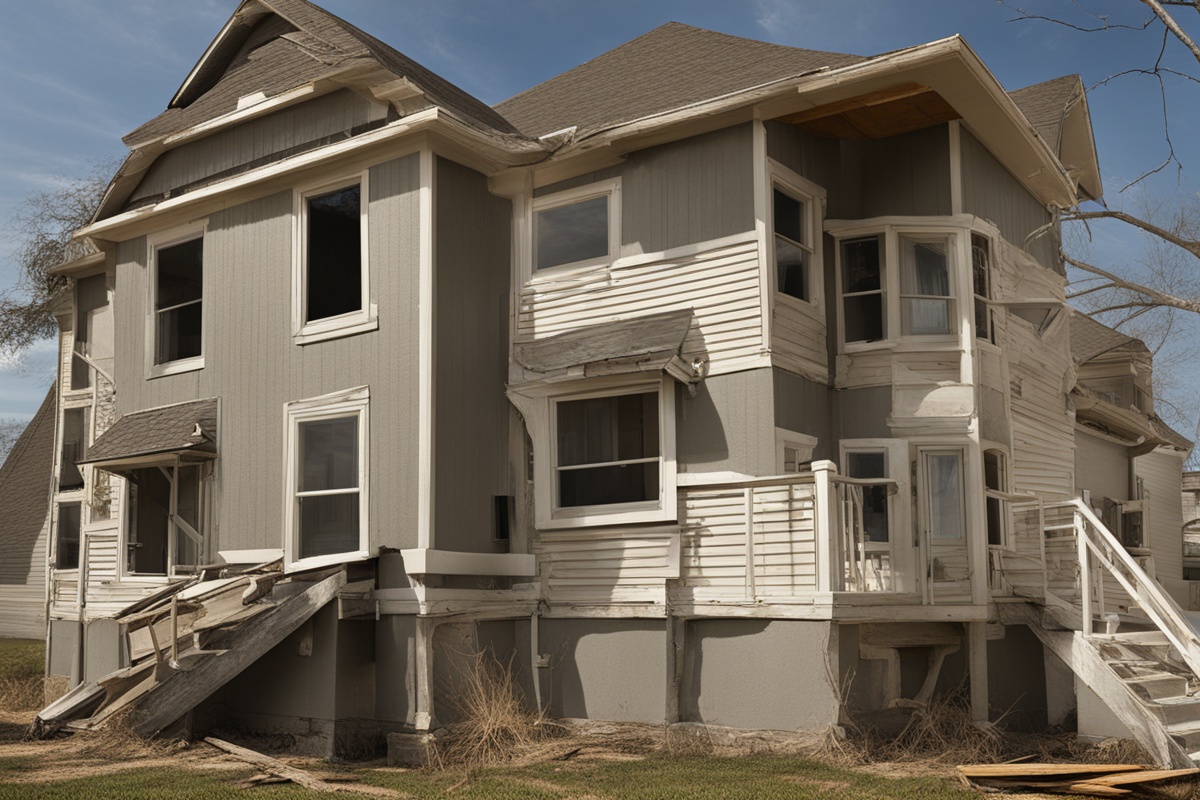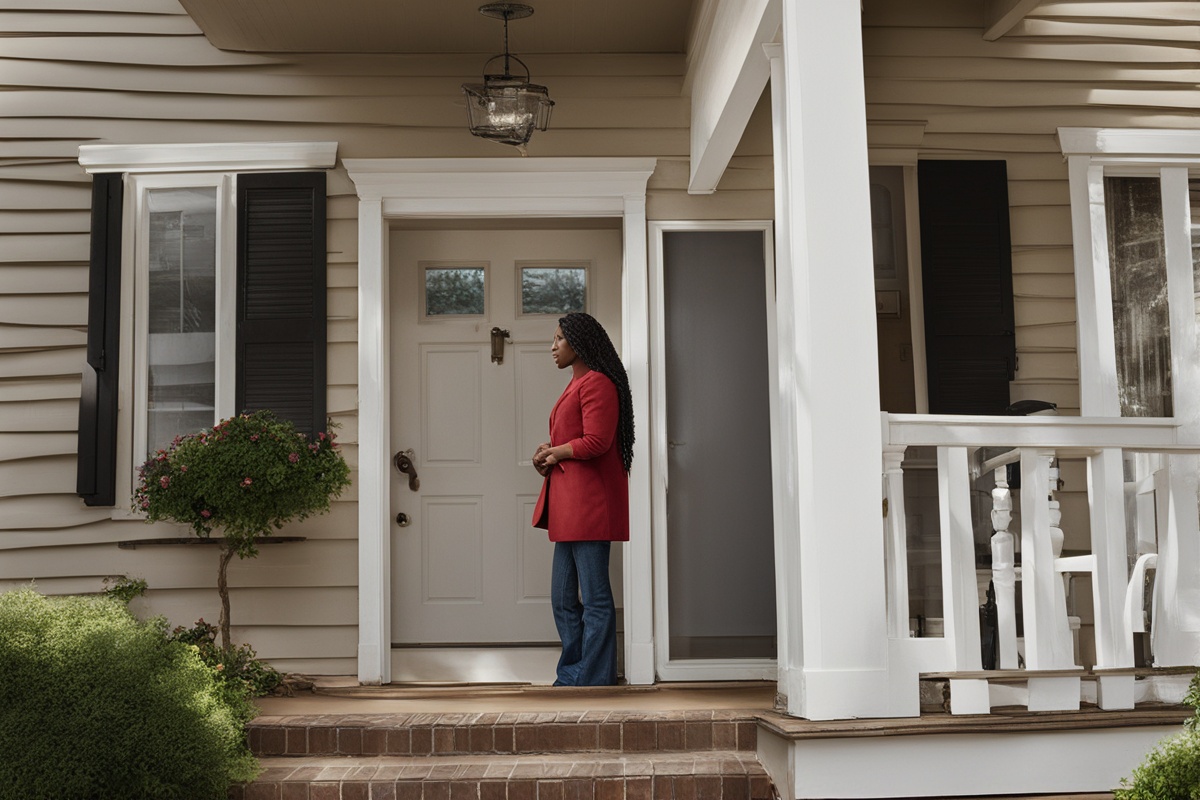Losing a loved one is one of the most profound experiences a homeowner can face, especially when the loss is tied to the home itself—a space filled with memories, shared moments, and emotional significance. Navigating emotional challenges after loss can feel overwhelming, as grief often intertwines with the practicalities of maintaining a household. Whether it’s the loss of a spouse, parent, or child, or even the symbolic loss of a home due to financial struggles or natural disasters, the emotional weight can be immense. This post explores strategies, personal insights, and resources to help homeowners cope with grief while managing their living spaces and responsibilities.
Understanding the Emotional Impact of Loss as a Homeowner
Grief affects everyone differently, but for homeowners, the emotional challenges after loss often manifest in unique ways. The home, a place of comfort and stability, can become a constant reminder of the person or life that is no longer there. Empty rooms, personal belongings, or even the silence of a once-bustling household can trigger waves of sadness, anger, or guilt. Additionally, the responsibilities of homeownership—bills, repairs, and upkeep—can feel like insurmountable burdens when energy and motivation are low. Recognizing that these feelings are normal is the first step in navigating emotional challenges after loss. It’s okay to feel overwhelmed, and it’s okay to seek help.
Coping with Grief While Managing Home Responsibilities
One of the hardest aspects of navigating emotional challenges after loss is balancing grief with the demands of maintaining a home. Simple tasks like cleaning, paying bills, or mowing the lawn can seem impossible when you’re mourning. Start by prioritizing what truly needs attention and let go of non-essential tasks temporarily. For example, consider hiring a cleaning service or asking a trusted friend to help with yard work. Additionally, automating bill payments can reduce stress and prevent late fees. Remember, it’s not a sign of weakness to delegate or delay tasks—self-compassion is key during this time. For more tips on managing household stress, check out our post on Managing Household Stress as a Homeowner.
Creating a Support System to Ease Emotional Burdens
Isolation can intensify the pain of loss, making it critical to build a support system. Reach out to family, friends, or neighbors who can offer emotional or practical help. Joining a local grief support group can also provide a safe space to share experiences with others who understand. Online communities, such as forums for homeowners dealing with loss, can be a valuable resource if in-person interactions feel too daunting. Don’t hesitate to lean on professionals, such as therapists or counselors, who specialize in grief. For additional resources on building a community, explore our guide to Building a Community After Loss.
Transforming Your Home into a Space of Healing
Your home can play a significant role in navigating emotional challenges after loss by becoming a sanctuary for healing. Consider small changes, like rearranging furniture to create a fresh environment or dedicating a corner for reflection with photos and mementos of your loved one. Some homeowners find solace in gardening or creating a memory space outside. If certain areas of the home trigger painful memories, it’s okay to temporarily avoid them or store items out of sight until you’re ready to face them. For ideas on personalizing your space for emotional well-being, read our article on Creating a Calming Home Environment.
Addressing Financial and Practical Challenges Post-Loss
Loss often brings financial strain, especially if the deceased was a primary breadwinner or if the loss involves property damage (e.g., from a disaster). Navigating emotional challenges after loss is compounded by the stress of mortgages, insurance claims, or unexpected expenses. Take time to review your financial situation and seek advice from a financial planner or counselor. Many communities offer assistance programs for homeowners in distress—don’t hesitate to explore these options. Additionally, if you’re considering downsizing or relocating as part of your healing process, our post on Downsizing After Loss offers practical steps to make the transition smoother.
Knowing When to Seek Professional Help
While grief is a natural response to loss, prolonged or intense emotions can signal the need for professional support. If you find yourself unable to perform daily tasks, withdrawing from loved ones, or experiencing persistent hopelessness, consider reaching out to a mental health professional. Therapists trained in grief counseling can provide tools to process your emotions and rebuild a sense of normalcy. Organizations like the National Alliance on Mental Illness (NAMI) offer resources and helplines for those in crisis. For more information on mental health support for homeowners, see our resource page on Mental Health Support for Homeowners.
Disclaimer: The information provided in this post is for general informational purposes only and should not be considered professional medical or psychological advice. Grief and emotional challenges vary greatly between individuals, and what works for one person may not work for another. Always consult with a qualified healthcare provider or mental health professional for personalized guidance and support tailored to your specific situation.
References
- Mayo Clinic: Coping with Grief and Loss
- National Alliance on Mental Illness: Grief and Loss Resources
- Psychology Today: Understanding Grief
- HelpGuide: Coping with Grief and Loss
- American Psychological Association: Grief Resources
This content is for informational purposes only and not a substitute for professional advice.





